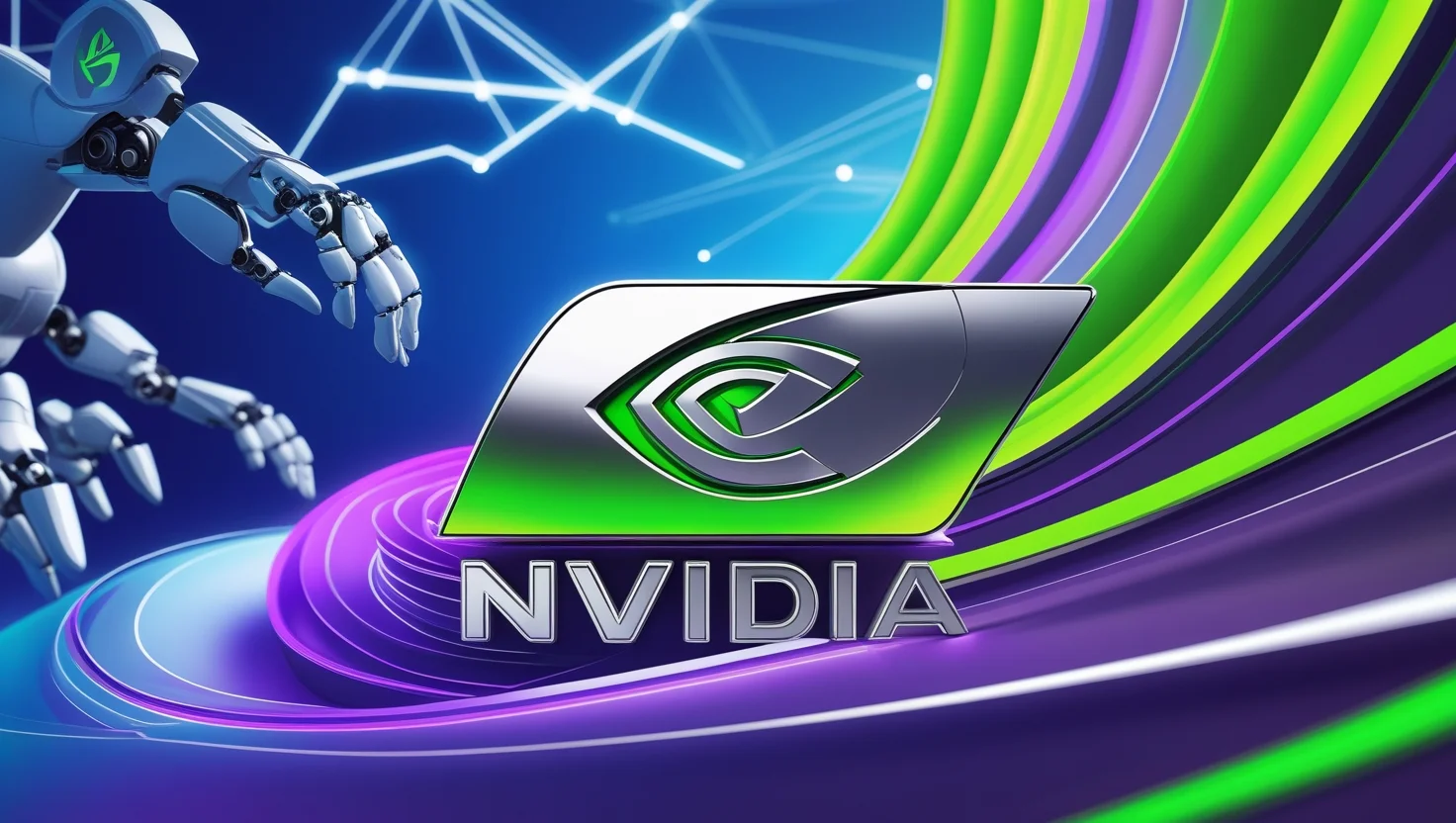Elon Musk, the wealthiest individual globally, has proposed a $97.4 billion acquisition of the nonprofit organization that oversees OpenAI. This unexpected offer would be funded by Musk’s AI company, xAI, along with a group of external investors, as detailed in a letter to attorneys general in California and Delaware.
OpenAI’s CEO, Sam Altman, swiftly rejected Musk’s proposal, even humorously suggesting that they could buy Musk’s social media platform, X, for $9.74 billion instead. This exchange highlights their complicated history, as Musk co-founded OpenAI and is currently involved in legal disputes with the organization over alleged anticompetitive practices.
Experts believe Altman’s dismissal of Musk’s bid is more intricate than a simple refusal. OpenAI, initially established as a nonprofit, shifted to a capped-profit model in 2019 and is now transitioning to a public benefit corporation.
Musk’s bid may have complicated this process, potentially inflating the value of OpenAI’s nonprofit status. Attorneys general in Delaware and California are seeking clarity on OpenAI’s plans for this transition, and Musk’s offer forces the board to carefully consider external bids.
While OpenAI’s board is likely to reject Musk’s offer, they must also be prepared for potential legal challenges. Musk’s actions could further delay OpenAI’s transition to a for-profit model.
The board faces the challenge of proving they are not undervaluing the nonprofit’s assets by selling them to insiders, such as Altman, at a discounted rate. Musk’s bid indicates that investors are willing to pay a premium for OpenAI’s nonprofit, placing the board in a difficult position.
Despite Musk’s substantial offer, corporate law grants boards significant power to fend off unsolicited takeover attempts. OpenAI can argue that Musk’s bid is hostile, especially given the strained relationship between him and Altman. Furthermore, the board must assess whether Musk can finance the acquisition, as much of his wealth is tied to Tesla stock.













